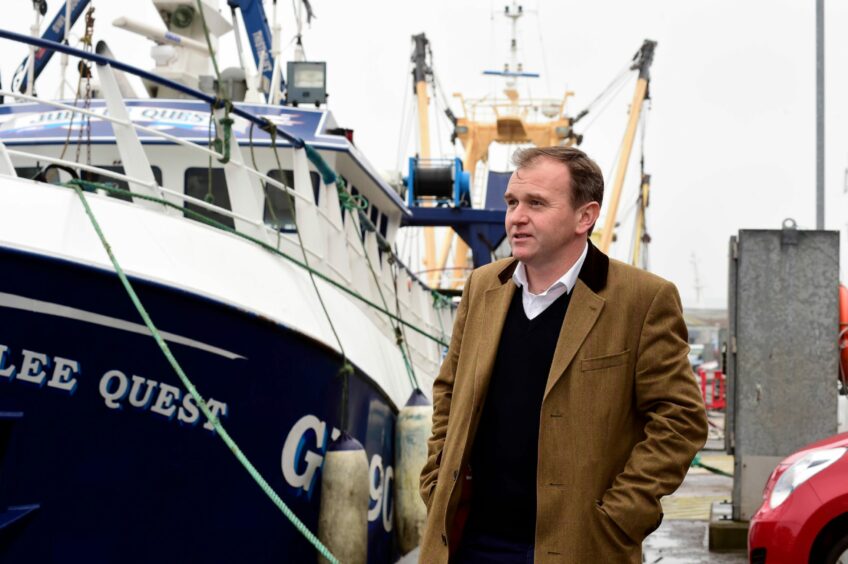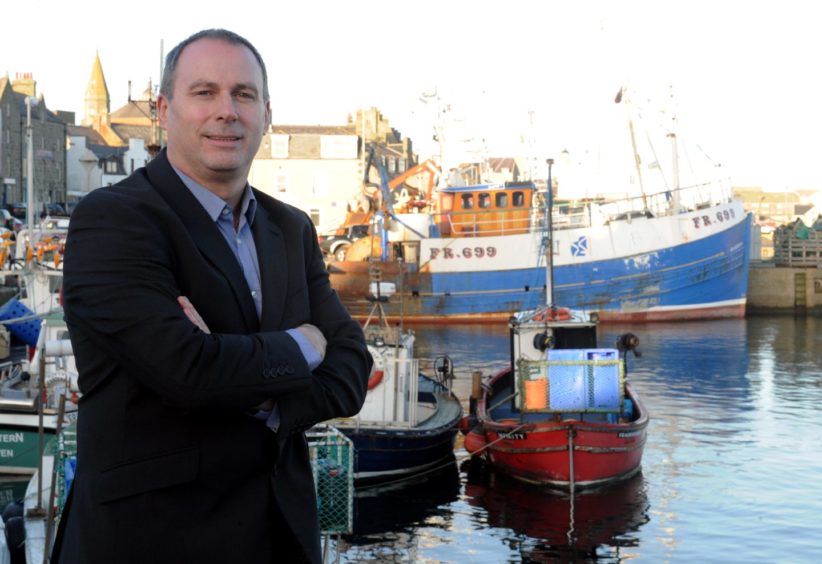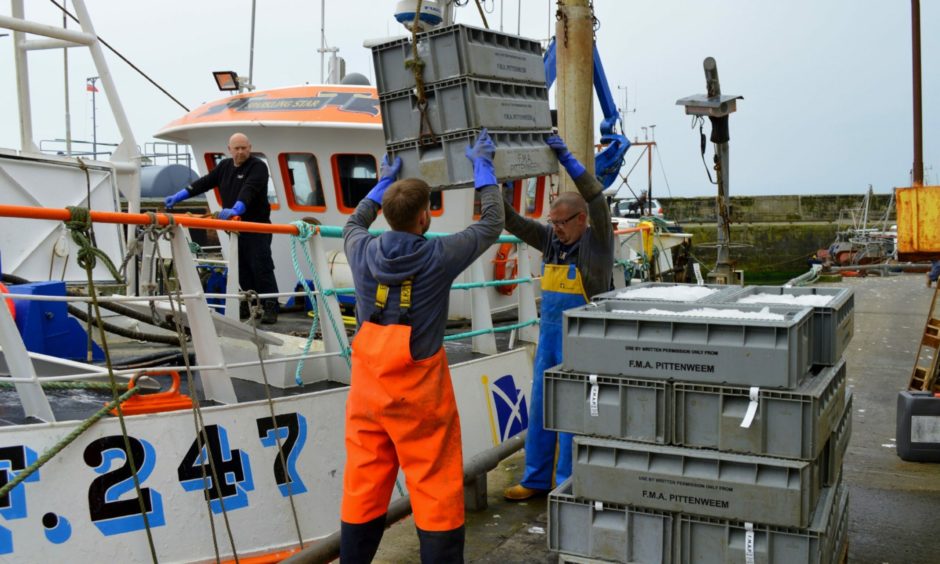The UK Government and devolved administrations have set out their “shared vision” for a sustainable fishing industry.
The joint fisheries statement (JFS) draws together policies from each government for achieving, or contributing to achieving, the eight objectives of the Fisheries Act 2020.
These are expected to help deliver a UK “vision” for clean, healthy, safe, productive, and biologically diverse oceans and seas, the Department for Environment, Food and Rural Affairs (Defra) said today (January 18).
Today, we are setting out our shared vision for a sustainable fishing industry that delivers for our fishermen, the environment and the whole Union.”
George Eustice, environment secretary.
A consultation is underway, with a draft document having been distributed to each devolved government for scrutiny and also published online via the Citizen Space website at consult.defra.gov.uk
Views are invited from industry, non-governmental organisations and “all affected” between now and April 12.
Beginners’ guide to the Fisheries Act 2020
Environment Secretary George Eustice said: “The Fisheries Act has given us the powers to implement our own independent fisheries policy, improve our marine environment and make decisions based on the health of our fish stocks and not vested interests.
“Today, we are setting out our shared vision for a sustainable fishing industry that delivers for our fishermen, the environment and the whole Union.
“We have taken back control of our waters, and a year on from the Trade and Cooperation Agreement a positive picture is emerging for our fishing industry.
“We have seen an increase in quota that will amount to around £146 million by 2026 and we are investing £100m into coastal communities so they can benefit from better infrastructure, new jobs and investment in skills.”
Mairi Gougeon MSP, the Scottish Government’s cabinet secretary for rural affairs and islands, said the JFS “respects the devolution settlement on fisheries management and is clear about the limits and extent of its role in terms of devolved powers and responsibilities”.
She added: “This document is the result of careful work by officials from across the UK and demonstrates what can be achieved through meaningful and purposeful engagement.
“The joint fisheries statement will help us use our devolved powers to secure a sustainable future for the Scottish fishing industry, onshore and offshore, within the context of tackling the twin crises of climate and biodiversity, and our commitment to achieve and maintain good environmental status for all of Scotland’s seas.”
Banff and Buchan Conservative MP David Duguid said: “I encourage all stakeholders to take part in the consultation, which will help shape a more resilient, prosperous and sustainable seafood industry.”
Scottish White Fish Producers’ Association chief executive Mike Park said the consultation was “a useful opportunity for fishermen to be heard regarding the future sustainable management of our seas”.
He added: “It will be extremely important to put measures in place that fit the operations of the Scottish sector, although we need to be aware of how that fits with other areas of the UK.
“This may allow us to break the shackles of the discredited CFP (Common Fisheries Policy) which still looms large”.
Scottish Fishermen’s Federation chief executive Elspeth Macdonald said: “We expect the governments to fulfil their commitments on moving away from the CFP rules, using the regulatory autonomy gained from leaving the EU to our advantage.
“Getting this right will allow our sector to flourish, delivering healthy food from sustainable, well-managed stocks, with far lower carbon emissions than other sources of protein.
“The vast majority of fisheries management is devolved, so it is critically important Holyrood and the Scottish Government act constructively and collaboratively with industry in giving effect to their new responsibilities.”
JFS commitments
The legally binding JFS commits governments to “promoting the consumption of locally sourced seafood as a healthy, low-carbon protein source, and to supporting prosperous and resilient UK and international markets”.
It also commits them to supporting training, as well as the health, safety and wellbeing of those working in the seafood sector.
And it sets out the UK’s approach to implementing the Fisheries Act climate change objective through efforts to “mitigate and reduce” the industry’s carbon emissions.
In addition, the JFS highlights the importance of protecting and restoring “blue carbon habitats” and the need for a “healthy” and resilient marine environment, while also committing governments to work with the industry to reduce and, where possible, eliminate bycatch and entanglement of sensitive species.
Fisheries management plans (FMPs) play a key role in the UK’s commitment to
sustainable fishing.
The JFS sets out the overall purpose of FMPs, including their link to the objectives and wider ambitions of the Act.
Flexible approach
Governments will jointly publish individual FMPs for stocks of key commercial interest, but the devolved administrations may also bring forward their own FMPs to manage fishing activity.
UK FMPs will focus on stock management, with regional FMPs extending their scope to
consider wider fisheries management concerns.
Defra said the draft consultation document was shaped by comments received in spring and summer 2021 from “a wide range of interested parties” throughout the UK.
Brexit balance sheet for fishing shows £300m-plus losses instead of net gain




